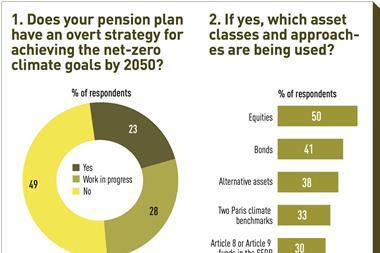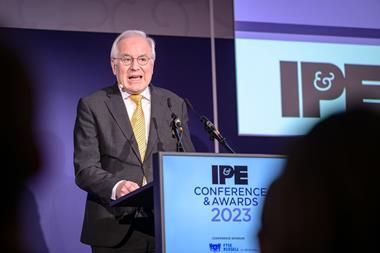Sweden’s pensions and insurance lobby, Insurance Sweden (Svensk Försäkring), said the EU’s Sustainable Financial Disclosures Regulation (SFDR) should be significantly simpler – and should not be used as a system for product labelling.
In the statement, which was published yesterday following the pre-Christmas end of the European Commission’s consultation on its plans to overhaul the SFDR, the association said the regulation had not worked as intended.
Gerda Kinell, economist at Insurance Sweden, said: “Given the design of the regulation, it is currently difficult to convey information to the customer and then for the customer to be able to compare different financial products.”
“This is due, among other things, to the fact that the templates with pre-purchase information used at customer meetings are complex and difficult to understand,” she said.
The lobby group said one of the more important questions in the consultation was whether the regulation should continue to function as a transparency regulatory framework with a requirement to provide sustainability information when making investment decisions, or whether it should instead be developed into a product-labelling system for financial products.
Insurance Sweden said it believed the regulation should continue to be a regulatory framework to increase transparency and inform customers about sustainability risks and ultimately enable sustainable investments.
“Developing a completely new system for product-labelling instead will take a lot of time,” the group said.
“It will also entail major challenges for designing product categories and sustainability criteria for financial products,” it said.
Even before the Commission’s consultation ended, market feedback indicated a lack of consensus about how to go ahead with the controversial rules.
Earlier in December, the European Securities and Markets Authority (ESMA) decided on guidelines for funds claiming to contribute to sustainability objectives, updating draft rules on how fund managers may use sustainability and ESG-related language in their products.
In this, the authority is loosening rules for funds using terms derived from the word ‘sustainability’ in their names – a change from its original desire for all such funds to allocate at least half of their assets to “sustainable investments” based on SFDR definitions.
Read the digital edition of IPE’s latest magazine























